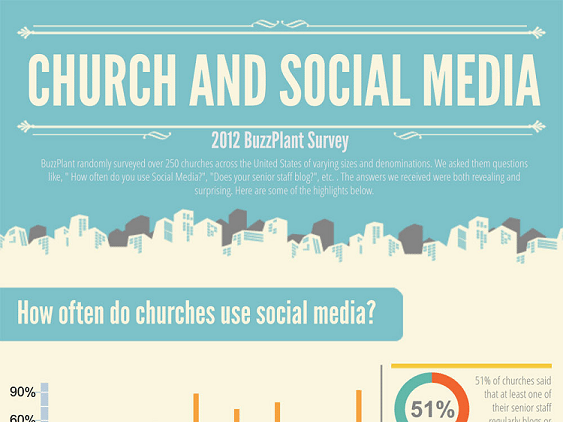Discover The Intriguing Growth Of Catholic Institutions And Their Substantial Effect On Education-- Might Their Practices Be The Response To Future Discovering?
Discover The Intriguing Growth Of Catholic Institutions And Their Substantial Effect On Education-- Might Their Practices Be The Response To Future Discovering?
Blog Article
Content Create By-McCurdy Bell
When you take into consideration the history of education, Catholic schools attract attention for their ingrained customs and long lasting influence. These organizations started as a way to instill faith and values, however they've adjusted remarkably over centuries. Today, they play an important function in shaping not just scholastic success but additionally moral integrity. What's interesting is how they have actually handled to flourish in the middle of transforming cultural landscapes, raising questions regarding their future importance and impact.
The Beginnings of Catholic Education: A Historical Perspective
Catholic education and learning traces its roots back over 1,500 years, when very early Christian communities acknowledged the demand for organized learning. You'll discover that these neighborhoods aimed to hand down their belief and values through education and learning.
Monasteries and cathedral colleges became facilities of knowing, nurturing both spiritual and intellectual development. As you delve much deeper, you'll see that the curriculum commonly consisted of viewpoint, faith, and the liberal arts, designed to create well-rounded people.
Over time, the Church developed a lot more formal establishments, making sure that education and learning stayed obtainable to all. The dedication to mentor ethical values and cultivating a sense of area has actually continued via the centuries, shaping the academic landscape and influencing numerous lives worldwide.
This enduring heritage continues to motivate Catholic education today.
The Development of Catholic Schools With Social Contexts
As cultures advanced, so did the function of Catholic institutions, adjusting to the cultural contexts in which they existed. In the very early years, these establishments concentrated mainly on spiritual direction, yet as communities diversified, they started to incorporate local languages, customizeds, and academic requirements.
You 'd discover that Catholic institutions frequently became facilities for social cohesion, cultivating a feeling of belonging among trainees from different backgrounds. In several areas, they dealt with societal concerns, such as poverty and discrimination, by giving available education and learning for all.
As you explore different societies, you'll see how Catholic schools have shifted their educational program and training methods, reflecting the values and difficulties of their environments while holding to their fundamental mission of confidence and academic quality.
The Modern Function and Effect of Catholic Schools in Society
In today's world, Catholic institutions play a crucial role in shaping not simply the instructional landscape, but also the more comprehensive neighborhood.
You'll locate that these establishments stress worths like regard, compassion, and social justice, fostering all-around individuals who add favorably to culture. By concentrating on scholastic excellence and ethical development, Catholic schools prepare students for future challenges, supporting essential reasoning and management abilities.
Best Catholic high schools Near Leland offer varied populations, linking gaps in accessibility to high quality education. Additionally, you might notice their commitment to service, encouraging trainees to take part in neighborhood outreach and volunteer work.
https://www.stjohns.edu/about/news/2021-06-16/preserving-history-original-cornerstone-st-johns-university-secured of education and learning and ethical guidance makes Catholic colleges a substantial force, growing liable citizens that can influence their neighborhoods for the better.
Conclusion
In conclusion, Catholic schools have an abundant history that's shaped their enduring effect on culture. You've seen just how they've adapted to various social contexts while preserving a commitment to confidence, worths, and academic quality. Today, they continue to play an essential role in promoting area, promoting social justice, and nurturing responsible residents. As you assess their tradition, it's clear that Catholic institutions continue to be a powerful pressure for positive change on the planet.
